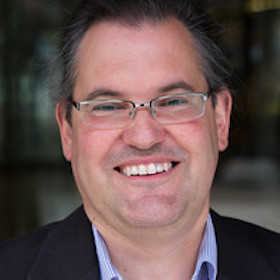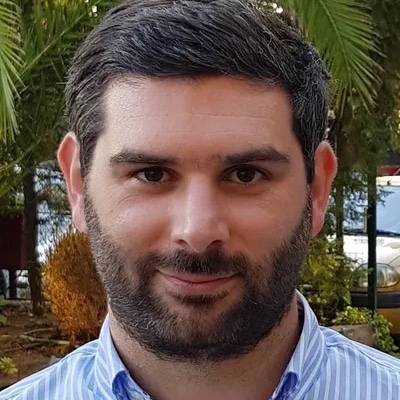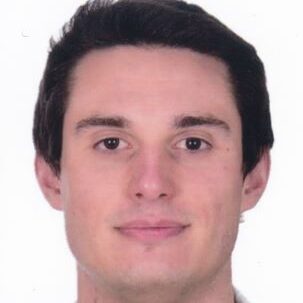The Management Team
These are the key people coordinating the Plasma-PEPSC project and Work Packages.

Stefano Markidis
Project Coordinator
KTH

Jeremy J. Williams
Project Manager /
Work Package 7 Leader
KTH

Tilman Dannert
Scientific Coordinator /
Code Team Leader
MPG

Erwin Laure
Work Package 1 Leader
MPG

Vassilis Papaefstathiou
Work Package 2 Leader
FORTH – ICS

Urs Ganse
Work Package 3 /
Code Team Leader
UoH

Leon Kos
Work Package 4 Leader
UL – LeCAD

Luca Pennati
Work Package 5 Leader
KTH

David Tskhakaya
Work Package 6 /
Code Team Leader
IPP CAS

Michael Bussman
Code Team Leader
HZDR
